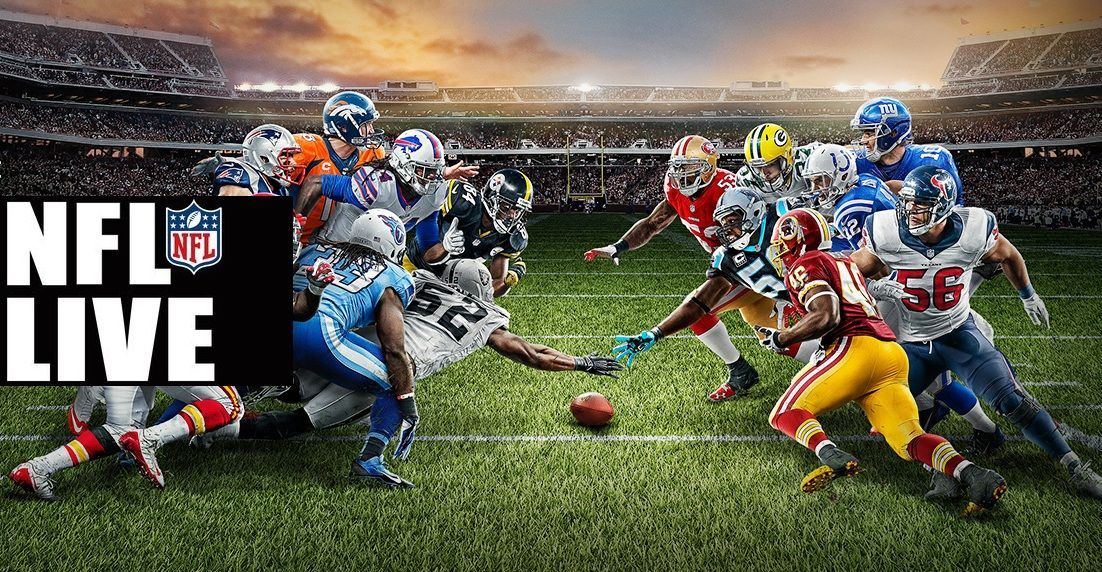Feel Good Friday Stroke Recovery Success Story Week Seven. The New England Patriots linebacker Tedy Bruschi Story
The Tedy Bruschi Story
First of all, who is Tedy Bruschi?
Tedy was born on June 9th, 1973 in San Francisco, USA
Tedy Lacap Bruschi is a former professional American football player who was a linebacker in the National Football League (NFL) for 13 seasons, who currently serves as the senior advisor to the head coach at University of Arizona. He played college football for the University of Arizona, and was a two-time consensus All-American. He was drafted by the New England Patriots in the third round of the 1996 NFL Draft, and played his entire professional career with the Patriots.
He was the 2005 NFL Comeback Player of the Year and finished his 13-season career with 1,063 tackles, 30.5 sacks and 17 forced fumbles.



Before February 15, 2005, Tedy Bruschi was as blissfully ignorant of the risks of "brain attack" as most of us are. In fact, when David Greer, MD, told the New England Patriot linebacker that he'd suffered a stroke, Bruschi was incredulous.

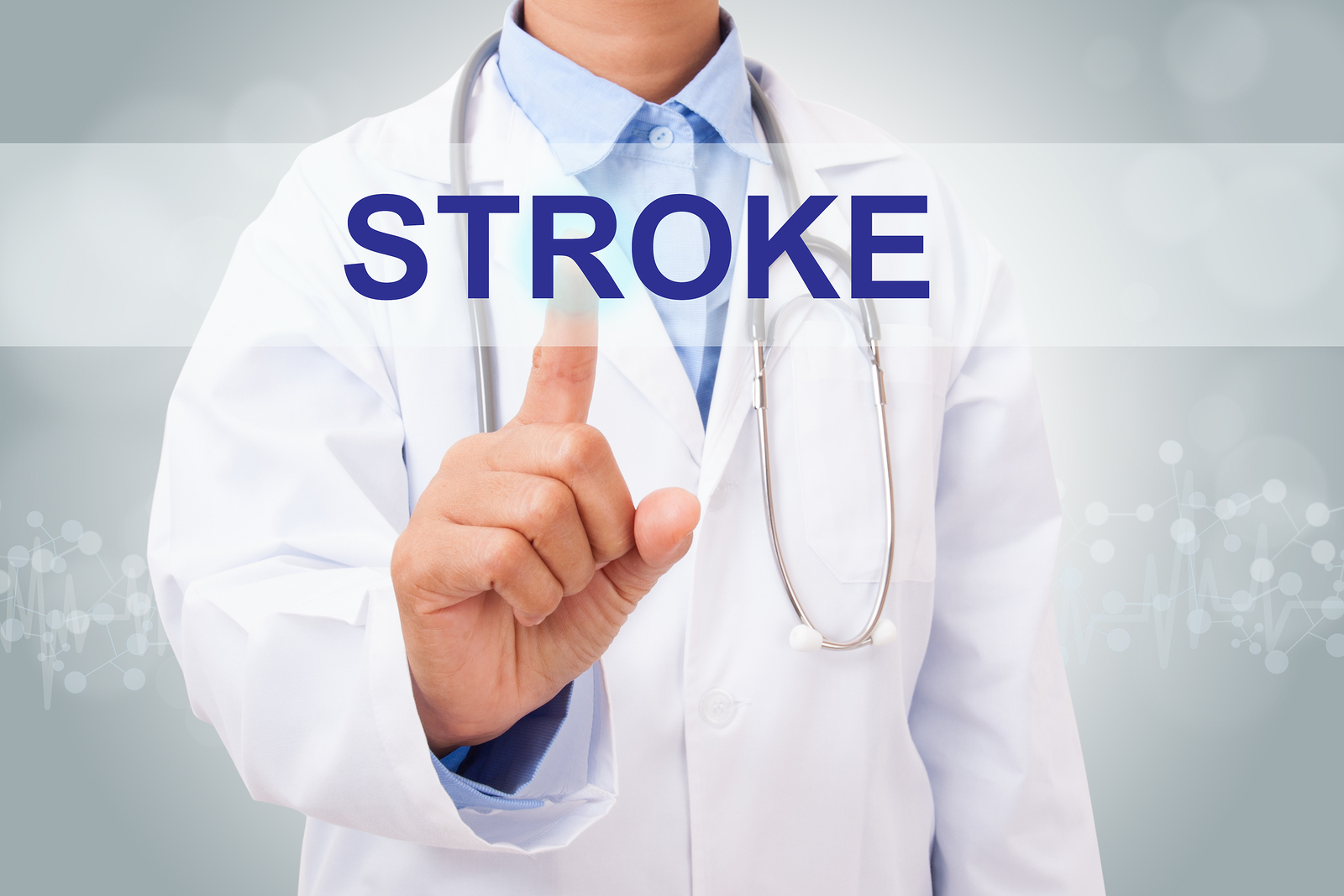
"I didn't think I heard him correctly," Bruschi recalls. "The only place I'd heard the word stroke was on the golf course."
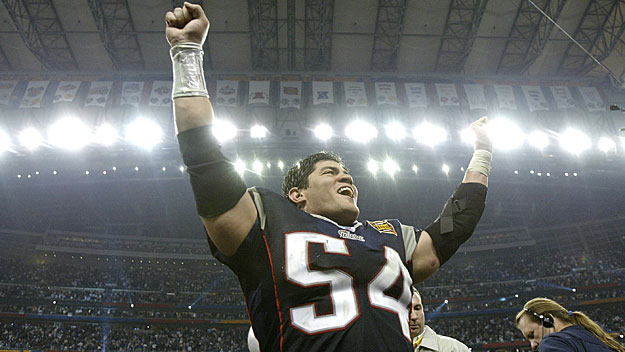
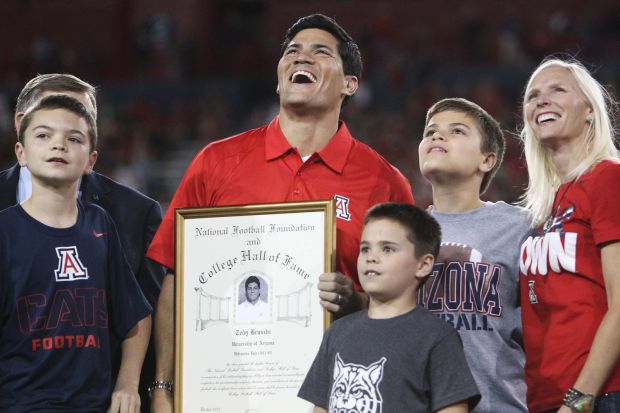
Thirty-one years old, Bruschi was happily married to his college sweetheart, Heidi, and raising three young boys. His football season had just culminated with the Patriots winning their third of the previous four Super Bowls and Bruschi being selected to his sport's all-star game, the Pro Bowl. At the peak of his physical powers, the linebacker never imagined he was a candidate for stroke.
Then the unthinkable happened:

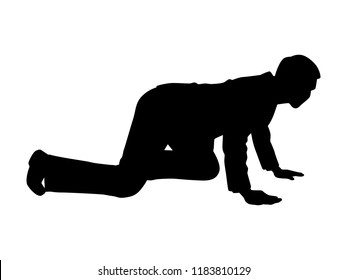
But Bruschi awoke in the early morning hours of February 15th, 2005, with his fists clenched and arms raised, experiencing an "odd" feeling in his left arm and leg. Trying to get out of bed, Bruschi fell down and had to crawl to the bathroom. His equilibrium was off, his left side was numb, his muscles were weak, and his head ached. Still, because pain was part of Bruschi's life as a professional athlete, he tried to shrug off the discomfort.
"I thought it was from the Pro Bowl two days before," Tedy remembers. "It never occurred to me something was really wrong."

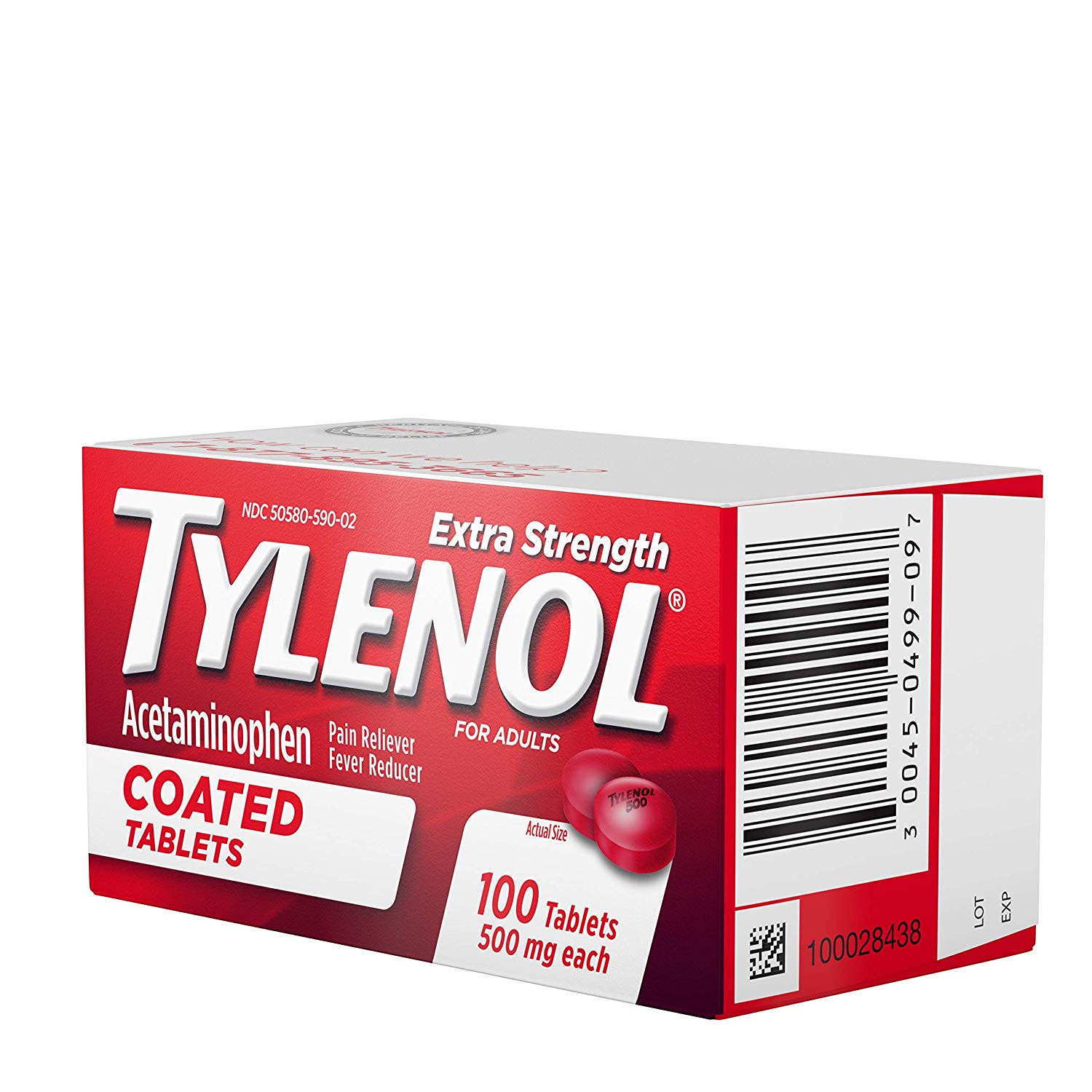
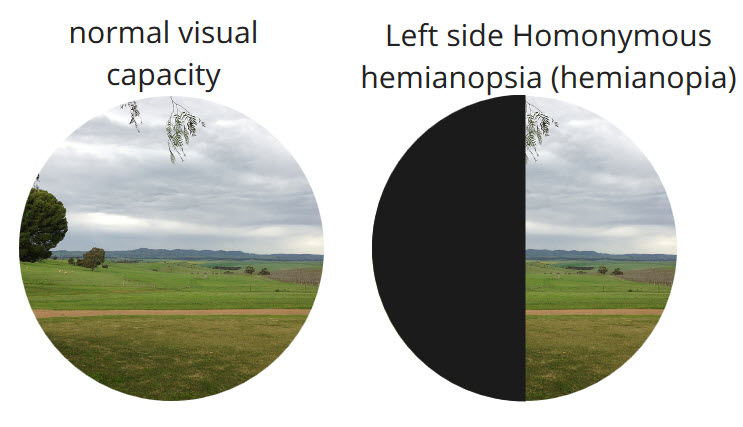
He took some Tylenol and tried to fall back asleep. But when Heidi spoke to her father (a physician's assistant in Arizona) at 10 a.m., Bruschi was getting scared. He had "the worst headache ever," and when his son entered the bedroom, Bruschi couldn't see the boy until he appeared on Bruschi's right side. When Heidi's father said to get help immediately, Bruschi didn't argue.
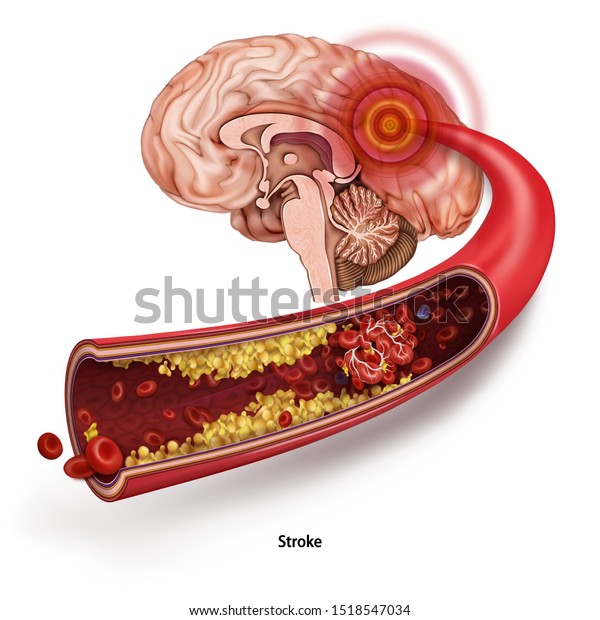

Seven Hours
Hearing a diagnosis of stroke, Heidi burst into tears, imagining it would debilitate her husband. Bruschi was equally pessimistic. "I thought I'd never be the same again," he says. "When I thought of stroke, I didn't think of a full recovery."
Those fears were not unfounded. Most people don't know it, but stroke is the third-leading cause of death in the United States (behind heart disease and cancer) and the leading cause of disability. A stroke, or "brain attack," occurs when a blood vessel carrying oxygen and nutrients to the brain bursts or is clogged, preventing the brain from getting the blood it needs.
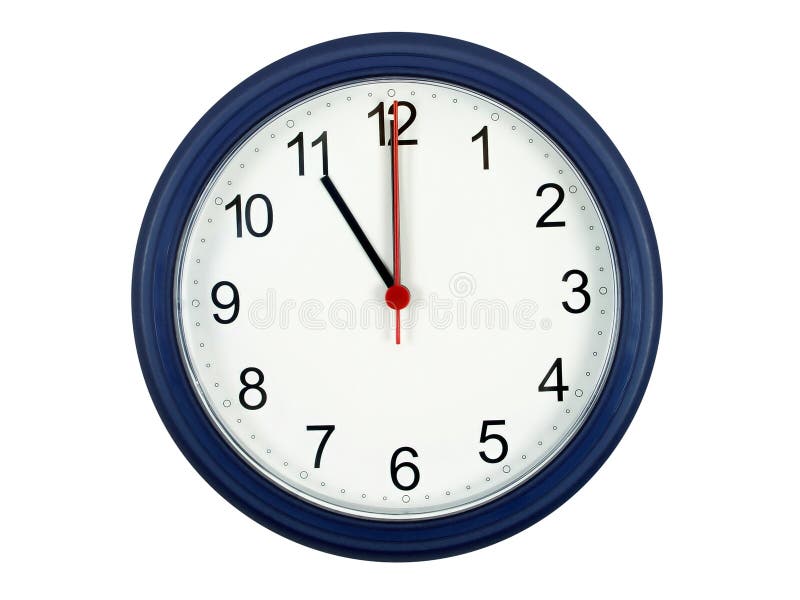

By the time Bruschi's stroke was diagnosed, at 11 a.m., nearly seven hours had passed since its onset. Patients suffering from an ischemic stroke—cause by a vessel being clogged by a blood clot—can be given the clot-busting drug tissue plasminogen activator (TPA) within three hours of its first symptoms. But because Bruschi's had begun much earlier, Dr. Greer couldn't administer the drug.
"You can't really undo a stroke once you're beyond a certain time window," says Dr. Greer, assistant professor of neurology at Harvard Medical School in Cambridge, MA. "The further we are from when the stroke starts, the less luck we have treating it."
A Hole In His Heart
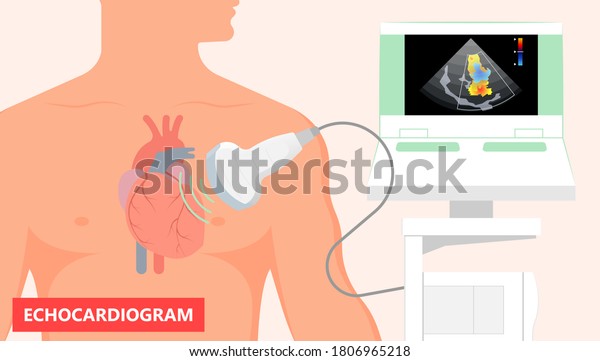

At Massachusetts General Hospital, Bruschi was stabilized to prevent another stroke. A CT angiogram showed the major blood vessels leading to his brain weren't blocked, but an MRI showed that Tedy had suffered an ischemic stroke in the back, right side of his brain. An echocardiogram revealed that Bruschi—like 25–30 percent of the population—had what is called a patent foramen ovale, a hole in the heart that allows blood to pass between the atria, or upper chambers of the heart. In Bruschi's case, this hole contributed to his stroke.
Leaving the hospital after three days of observation, diagnostic testing, and treatment, Bruschi was experiencing vision and coordination problems, but he had survived. A surgical procedure was scheduled to repair his heart by sealing the patent foramen ovale, but all Bruschi wanted was to return to a normal life with his young family. He eventually began taking steps to officially retire from the National Football League.
"In my mind, it was impossible I would ever play again," Tedy says.
Recovery Time:
While recovery from stroke depends on a number of factors including the severity of the brain injury, its location and size, the cause of the stroke, and the patient's age and overall health—recovery is a definite possibility.
"The single most important variable is the severity of the brain injury," says Harold P. Adams, Jr., MD, director of the University of Iowa Health Care Stroke Center in Iowa City, IA. "But a majority of patients with minor strokes will have a complete or nearly complete recovery."

Bruschi's stroke was small and in a location that didn't cause permanent disability, and he was fortunate to be a young man in excellent overall health. Bruschi was put on blood thinners, and in March he had a procedure to repair the hole in his heart. Surgeons snaked a catheter up Bruschi's femoral vein to his heart and placed a tiny device over the hole to seal it. The device then healed into the heart under new tissue to become a permanent part of that organ.


Bruschi rehabbed diligently with Anne Jacobson, a physical therapist specializing in neurological disorders. At the start, he couldn't even balance without Anne's support. But after several weeks, Bruschi's symptoms improved; and after several months, they were gone. Still, the progress was never fast enough for this impatient athlete.

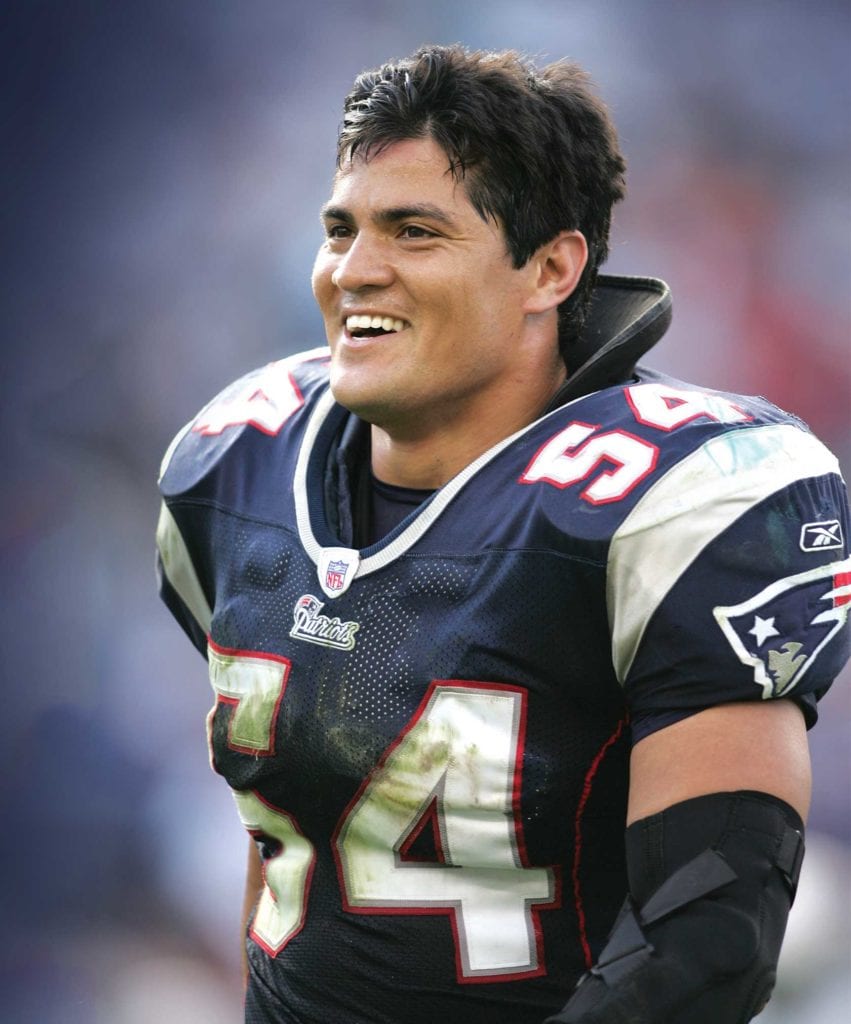
"I experienced every emotion across the spectrum," Bruschi says. "At times I was depressed, wondering why this happened to me. Other times I was determined. Being a pro athlete helped, having that understanding of how hard you have to work to succeed."
A Football First
Reminded of the lessons he learned as a professional linebacker, Bruschi started to daydream about a football comeback. A stroke victim returning to a job which required smashing full-speed into other enormous men might have seemed like a far-fetched idea to some, but theoretically, it was not.
"If a 31-year-old-man has a relatively mild-to-moderate ischemic stroke he might be able to return to professional sports," Dr. Adams says. "If the cause of the stroke had been treated, the likelihood of returning to usual activities would increase."
Dr. Greer told Bruschi "pretty early on" he might be able to play football again. By late spring the clot which caused Bruschi's stroke had dissolved into his bloodstream, the patent foramen ovale that was a conduit for the clot had been sealed shut, and Bruschi's three months of extensive physical therapy had restored him physically to a point where Anne Jacobson saw no reason he couldn't play.
"He was neurologically normal," Dr. Greer says. "No different than you or I."
But Bruschi wasn't willing to risk the progress he'd already made. Being able to wrestle with his rambunctious young sons was more important to him than tussling with a pack of pro football players, so Bruschi consulted a number of medical experts before he committed to return.
"If any one of them had doubted the comeback," Bruschi says, "Heidi and I would have stopped."
Not one of them did. One doctor explained that the stroke would affect Bruschi no differently than the tonsil surgery he had in college did. Another told Bruschi he could pursue his life however he wanted, "personally or professionally." Bruschi was ultimately given medical clearance to return, and on the night of October 16th, 2005, just eight months after the incident, stroke survivor Tedy Bruschi took the field again for the New England Patriots.

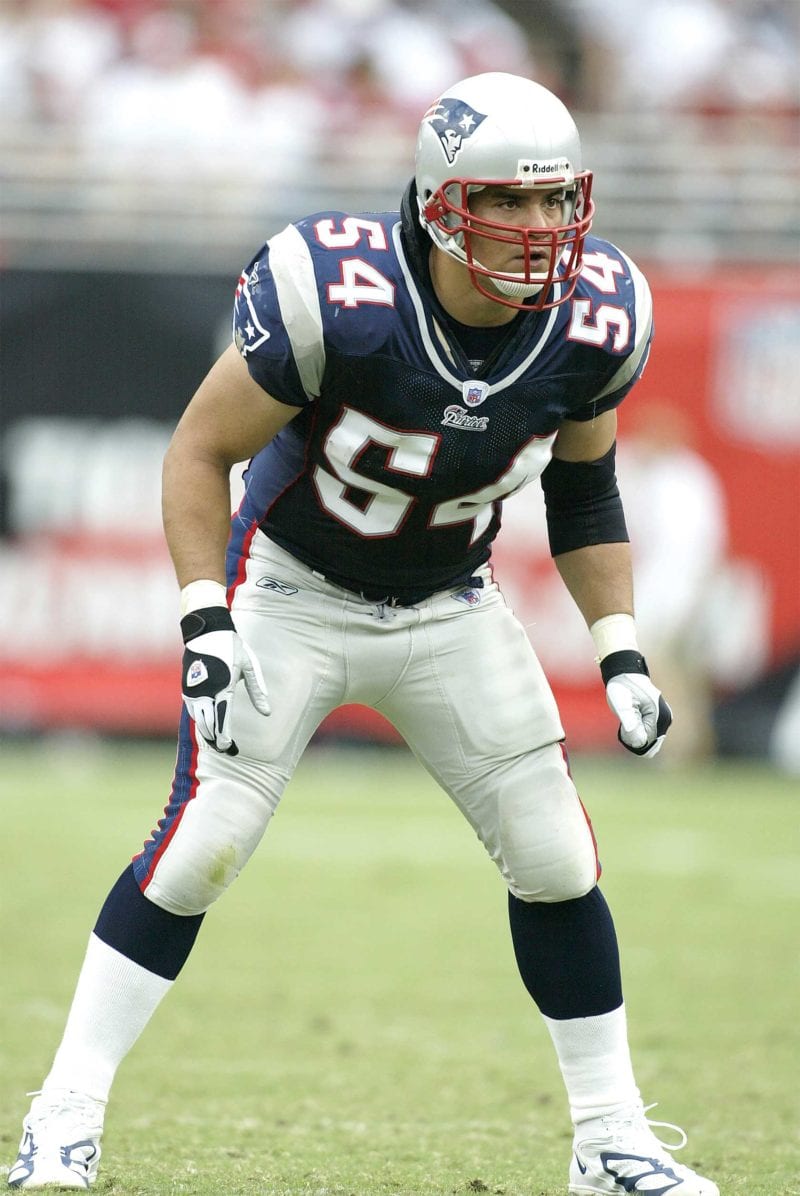

He was named "Player of the Week" by the league after the Patriots' victory, as much for Bruschi's ten tackles as for the fact that he was on the field at all.


"I had to do it," Bruschi says, alluding to the many stroke survivors who wrote and looked to him for inspiration. "People were counting on me to show it could be done."
Although Bruschi was the first stroke survivor to return to a career in professional football, Dr. Greer was confident about his patient's health. He wasn't completely sure that the skills and reflexes that had made Bruschi an All-Pro player would return, but he was convinced the linebacker would be safe.
"Tedy was neurologically normal or we wouldn't have let him play," Dr. Greer says. "While he could still get hit in the head and have a resultant stroke, that's no different than any other player."
in 2009 Sunday Night Football announced that Tedy Bruschi is going to retire from football. In August 2009, Tedy declared that it is not the rumor, and he really is going to leave the sport, as a player.
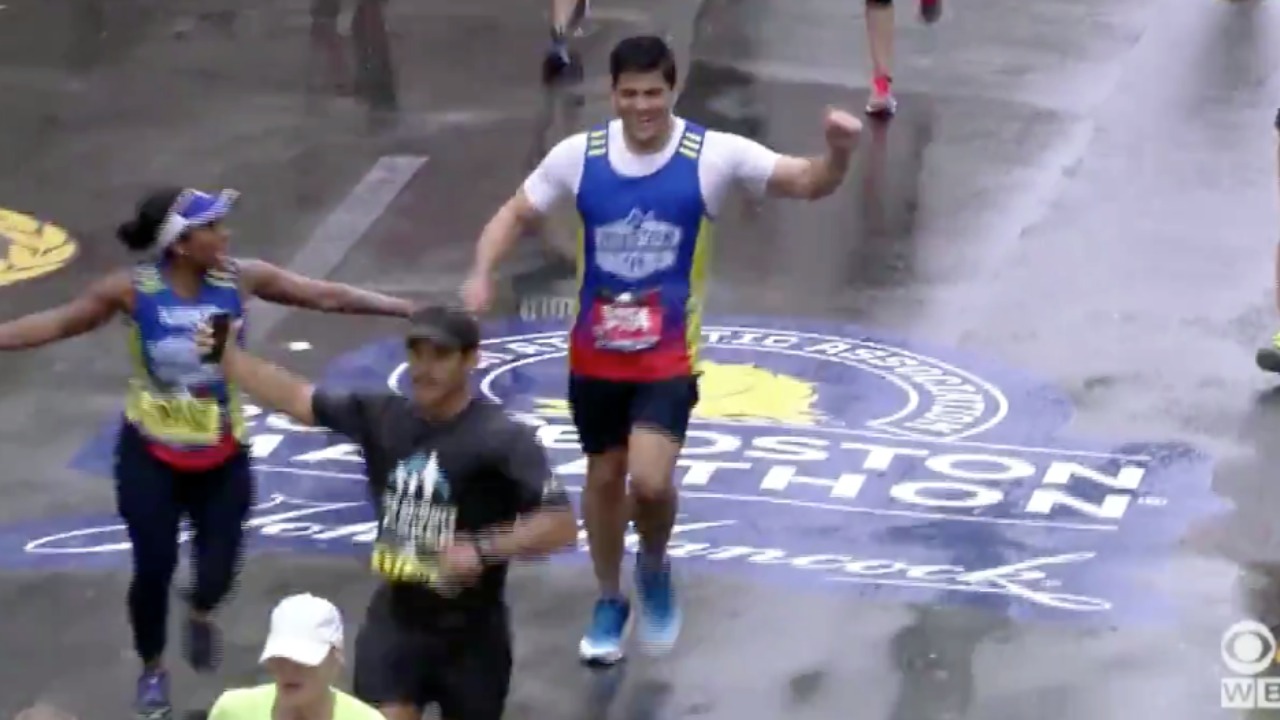
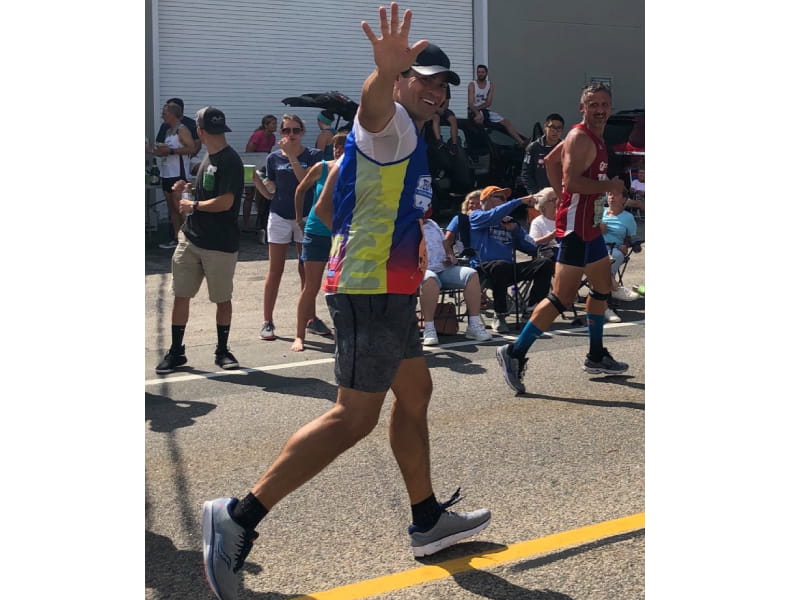

Bruschi became a runner after retiring from football. He'd already started Tedy's Team to raise stroke awareness. Based in Boston, it only made sense the organization tapped into that city's famous marathon to help spread its message and raise money for research.
Then the three-time Super Bowl champion joined ESPN as a NFL analyst in August 2009, one week after announcing his retirement from pro football. The former New England Patriots linebacker provides analysis on Sunday NFL Countdown, Get Up, First Take, Sports Center and ESPN Radio, and he contributes to ESPN’s annual coverage of Super Bowl week and the NFL Draft.
In his first season with ESPN, Bruschi joined the Monday Night Countdown crew at both Patriots’ Monday Night Football games, including the season-opener at Gillette Stadium, to share his insider’s perspective. That same night he was recognized on the field at halftime as honorary defensive captain of the Patriots’ 50th Anniversary Team — a distinction team owner Robert Kraft bestowed upon him immediately after Bruschi announced his retirement. Patriots coach Bill Belichick called him “The Perfect Player.”


On July 4th, 2019, Tedy suffered a second Stroke, but because Tedy immediately recognized the warning signs: arm weakness, face drooping and speech difficulties, he suffered little to no damage, as a result of the Stroke, and was released from the hospital on Friday July 5th, 2019.
What did we learn from the Tedy Bruschi story:
- First of all, Tedy is a very fortunate man. Not only did he survive a Stroke, but he then returned to the NFL. So, before you lose all hope, like Tedy and his wife first did, there is always hope!
- Tedy, could easily have settled, when he had his Stroke, and sat back, but instead he worked tirelessly at his rehab, and got a second chance. Without the hard work in the early days of rehab, and his dedication to recovery, who knows where he may have ended up.
- Because Tedy knew the warning signs of a stroke, he acted quickly and the second stroke did not cause any damage either.
- After his stroke, Tedy worked hard to let others know about Stroke, warning signs, prevention, and even raised money for stroke awareness and stroke research. Tedy, payed it forward!!
- No matter who you are or where you are, work hard, dream big and most importantly, never give up!!
All content provided on this blog is for informational purposes only and is not intended to be a substitute for professional medical advice, diagnosis, or treatment. Many opinions and viewpoints are based on my own Personal Stroke Recovery journey. As every Stroke is different, so is every Stroke Recovery. Always seek the advice of your physician or other qualified health providers with any questions you may have regarding a medical condition. If you think you may have a medical emergency, call your doctor or 911 immediately. Reliance on any information provided by the JGH Rehab website is solely at your own risk


